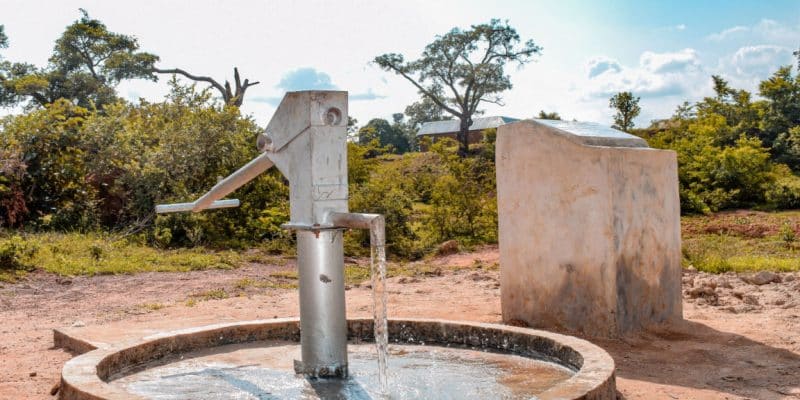The World Bank is providing a loan of 15.5 billion Kenyan shillings (over $124 million) to Kenya. The funding is for the implementation of the Horn of Africa Regional Groundwater for Resilience Programme, launched on 1 February 2023 in the capital Nairobi.
The World Bank funding was announced on 1 February 2023 by Alice Wahome, the Cabinet Secretary (CS) for Water, Sanitation and Irrigation in Kenya. The 15.5 billion Kenyan shillings (over $124 million) loan will be used to finance work under the Regional Groundwater for Resilience Programme for the Horn of Africa.
The initiative, launched on 1 February 2023, aims to improve access to groundwater and promote sustainable management of this resource in the face of multiple pressures, including drought. Groundwater plays an important role in hydrosystems by supplying water to surface ecosystems, ensuring their stability and the diversity of aquatic habitats. It is also an essential resource for human consumption.
Rehabilitation of 400 boreholes
In addition to improving monitoring systems and building the capacity of Kenyan experts in groundwater management, the regional programme will also allow the rehabilitation of more than 400 boreholes and the construction of new ones.
In Kenya, five regions belonging to the arid and semi-arid lands (Asal) category will benefit from the water programme, which will be implemented over a six-year period. These are Garissa, Mandera, Marsabit, Turkana and Wajir counties.
Read also –
The regional groundwater programme will also be implemented in Somalia, Ethiopia, South Sudan, Djibouti and Eritrea, where groundwater reserves will also be tapped to build climate resilience. In addition, the use of technology in groundwater management will be promoted so that water from aquifers can be managed more effectively and efficiently.
Inès Magoum







